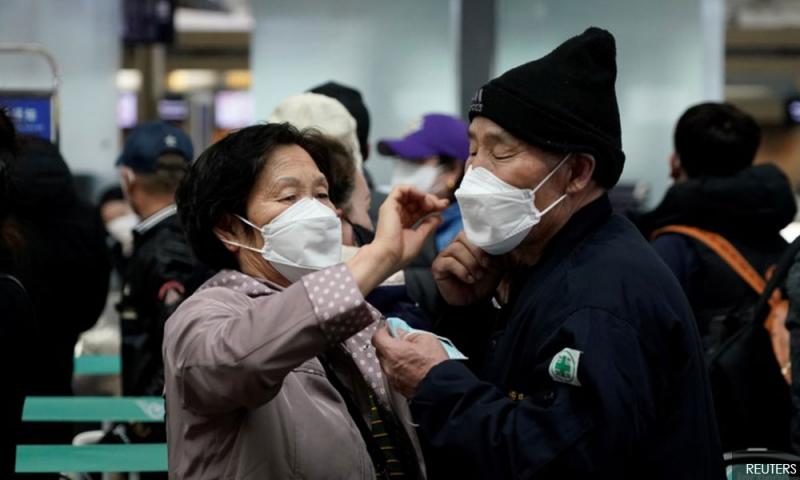‘Forza’ for Malaysia: Harnessing social capital to combat Covid-19
COMMENT | With daily reports showing the serious spread of Covid-19, it is necessary to expand the discussion of potential solutions to the crisis.
In the first of two pieces, I am focusing on how social capital can be a force to reduce the spread of the virus. I use the Italian word ‘forza’; so apt in these uncertain times as it speaks to the fortitude that society is showing in the face of the ongoing hardships of Covid-19.
Rethinking approaches
The responses to this unprecedented period in our lifetimes reflect long distrust in governance and political institutions in Malaysia – eroded by corruption (not least of which is 1MDB), inane comments and behaviour by politicians, and importantly, long-standing practices of division that have seeped into the psyche where the rule of law, seen to be selectively enforced, is not to be respected and government is for some, not all.
There is also a tendency to make people heroes and label others as enemies, to see situations in black and white, or even worse through a ‘blame game’ tinted by racialised lens. The practice of pitting people and groups against each other is deeply embedded.
It is easy to lash out, to find fault with perceived uninformed people who have different mindsets and understandings, forgetting the deep-rooted weaknesses in the education system and prevailing problems of misinformation and mistrust on social media.
Yes, people have made some serious mistakes and should be held responsible when this affects others. More often than not, however, judgements of behaviours are tainted with ethnic and elitist biases and are reinforced by our own views of human nature and values we place on science and faith. Fear, anxiety, suspicion and anger intertwine with hope, resilience, respect and (different) logics.
In reflecting on recent developments, it is increasingly clear that there needs to be a broadening of approaches to this crisis. For those of us who study politics and governance, there is an appreciation of what government cannot do – and sadly, events in the past week have showcased many of these deficiencies firsthand. How the Muhyiddin Yassin government came into power, the lack of public trust, their lacklustre and uncoordinated responses have undermined confidence.
Distrust in the Malaysian government has been building up over decades, with previous governments, including the Pakatan Harapan government, feeding on divisions. Now more than ever, the hard work of the health professionals, police officers, and civil servants need more support. While a law-and-order approach is necessary – including a limited and clearly defined role for the professionals in military to assist to address behaviour and curtail crime – it needs to be complemented with other measures.
The central argument I present in this first piece is that the country’s existing social capital – trust, networks and organisational ties – needs to be harnessed to not only flatten the curve of Covid-19, but to move the country away from the deeply divisive politics that has made the task of crisis management daunting and even deadly. This will involve putting aside stereotypes, routinised practices of bringing others down and reaching out across traditional divides...
RM12.50 / month
- Unlimited access to award-winning journalism
- Comment and share your opinions on all our articles
- Gift interesting stories to your friends
- Tax deductable

 Bridget Welsh
Bridget Welsh